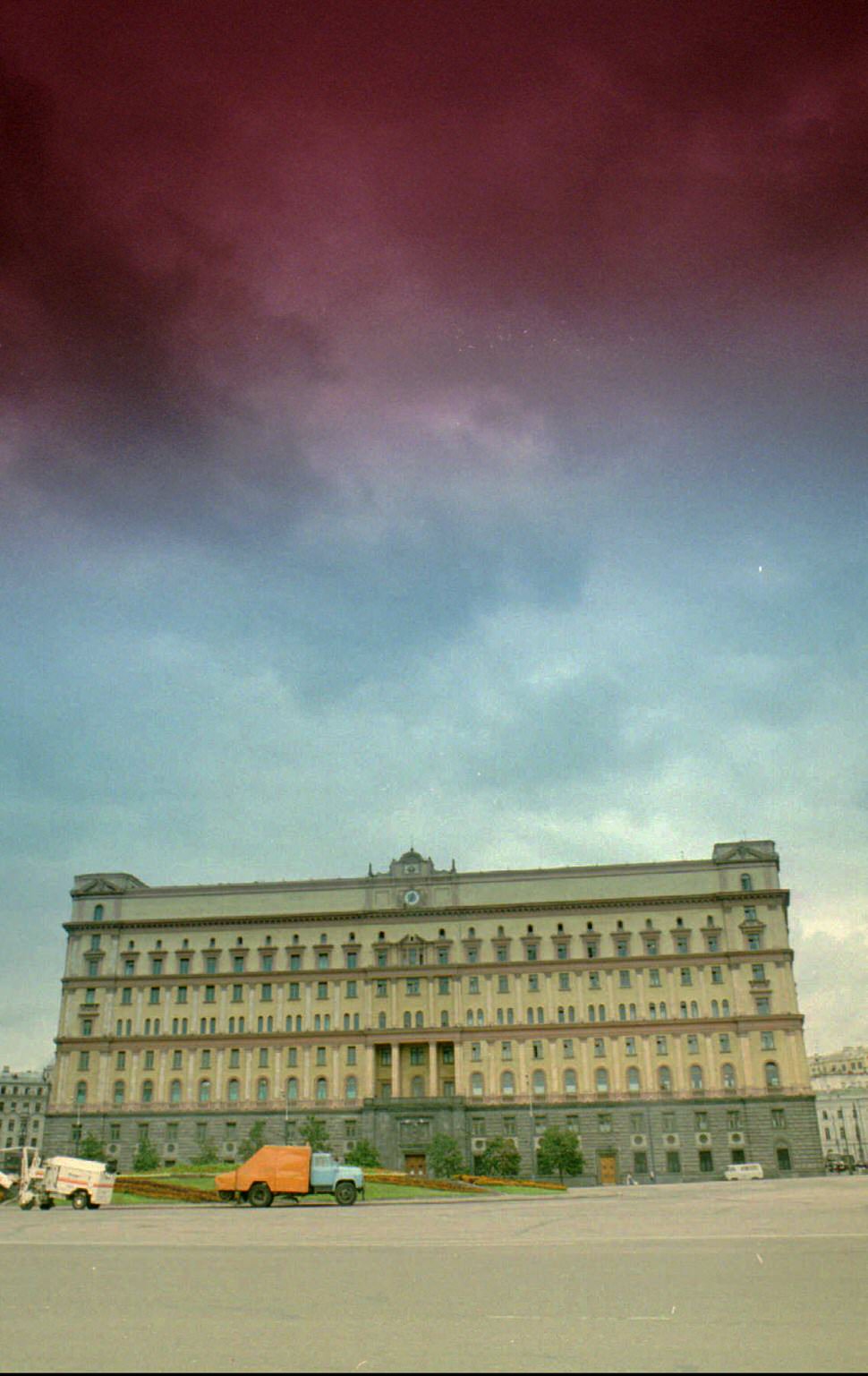The arrest of ten Russian spies in America on June 27, and the exchange of them last week for four Russians accused of spying for the West, has brought inevitable comparisons with the Cold War. But really, it has little to do with war or peace. Russia simply cannot help itself.
For most governments, espionage is a tool, used for gathering intelligence abroad. In post-Cold War Russia it is a passion, even an organizing principle, and it begins at home. The Tsars had the Third Department and the Okhrana as their eyes and ears. The Communists had the KGB.
Russia is generally freer now than it was under communism, but its spy-chiefs are, if anything, even more entrenched. No longer is it the government that is running the spies. The spies are running the government. As has been commonly observed, the upper reaches of political and economic power are dominated by current and former members of the intelligence services, led by the prime minister (and former president), Vladimir Putin.
The effect, less commonly observed, is that post-communist Russia has emerged, not as a police state, but as a secret-police state—something of a novelty in international relations, and with its own characteristics.
In the stereotypical police state, the leaders are from a uniformed military background. They are much attached to outward forms of order and discipline. They are conspicuous figures, often given to long public speeches. They seem to take a genuine pride in the running of the country, however badly and brutally they might be doing it. They promulgate conservative social values with relative sincerity.
They have little time for foreign policy, conducting it mainly in the form of empty proclamations: of friendship towards like-minded police states, emnity towards liberal critics.
The secret-police state, as best we can judge from the Russian prototype, is a much more evasive beast. The people who run it prefer to spend their time away from the public eye. They take minimal interest or pleasure in the traditional business of government, such as providing public services. They care little for public or private morality. Their method is to monopolize power, not so much by crushing rivals, as by preventing potential rivals from gaining any traction in the first place—which requires, naturally enough, an extensive domestic spying apparatus capable of infiltrating all social and economic structures.
Foreign policy fascinates them, because they are conspiratorial by nature, and they imagine other countries to be conspiring permanently against them. Based on their own habits and history, they find it difficult to believe that any foreign government can possibly be telling the truth about what it is doing. Whatever might be said publicly is being said in order to distract attention from what is being done privately, which is going to be quite different. It follows from this that the only really useful type of diplomacy is espionage, getting at the hidden story. The rest of diplomacy is either useless protocol or useful cover.
Which brings us back to the ten arrested Russian spies (and the one who escaped via Cyprus). This was a serious piece of espionage, however comical some of the trappings. Thanks to the wondrous plasticity of America society, Russian intelligence services were able to fashion and embed their own nationals as almost-perfect American suburbanites. The job of these “sleepers” was not to break into government offices nor wield poisoned umbrellas, it was to identify, befriend, and exploit Americans possessed of information or influence. In an age of computer hacking and cyber-warfare, it was a charmingly old-fashioned effort, all the more enjoyable for innocent bystanders since there has been no suggestion (at least so far) that the Russians were able to lay their hands on any sensitive information, or otherwise damage American interests.
America’s way of ending the affair has been exemplary. By arresting the spies, it has demonstrated the efficacy of the FBI and humiliated Russia’s intelligence services, at little or no diplomatic cost. By swapping them, instead of putting them on trial, America has avoided a big public row, at a time when there does otherwise seem to be some hope of progress in US-Russia relations.
Of course, the swap was uneven. Of the four “Western agents” offered up by Russia, one of them, Igor Sutyagin, was never a spy at all, but an academic researcher. This one-sidedness should be more of a worry for Russia than for the West. It suggests that either the West is no longer all that bothered about running spies within Russia; or, alternatively, that Russia isn’t much good at catching the spies that the West does have there.
Another criticism of the swap might be that, if America lets these Russian spies off so lightly, then Russia will only be the more emboldened to send new spies in their place. Which is true—but Russia is going to send more anyway. The current unfortunates, having been decently treated by the Feds, may as well go back to Russia and spread the word that America is not such a bad place after all.
Advertisement


